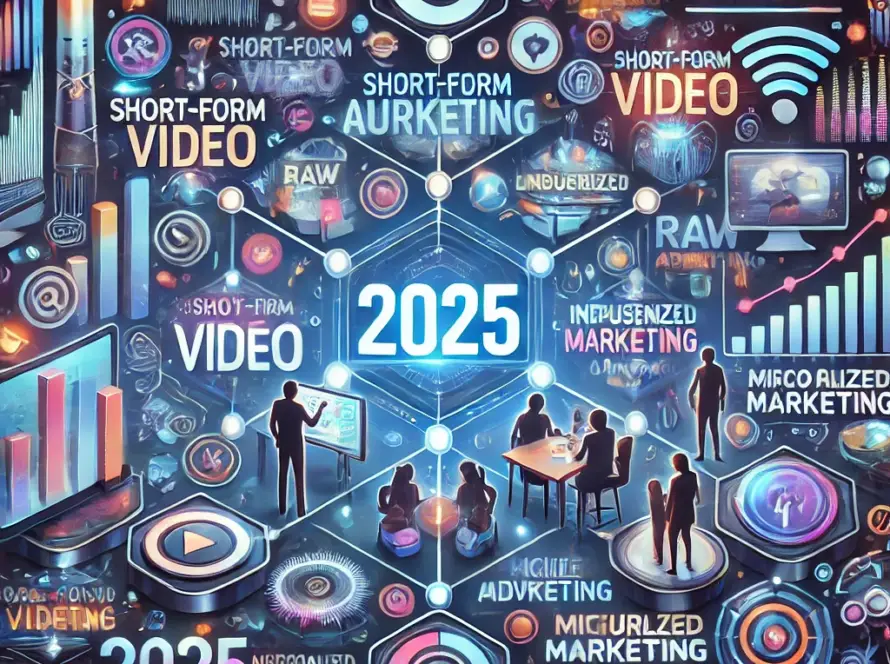Marketing automation has transformed the way businesses engage with their audiences, allowing for streamlined campaigns that are both efficient and effective. By leveraging automation tools and technologies, companies can automate repetitive tasks, personalize communications, and nurture leads throughout the customer journey. Here are some keyways in which marketing automation can streamline campaigns for efficiency and effectiveness:
Lead Nurturing
Marketing automation enables businesses to create targeted email drip campaigns that deliver personalized content to leads based on their behavior, interests, and stage in the sales funnel. By nurturing leads with relevant content and timely follow-ups, companies can move prospects through the buying process more efficiently. Automated lead nurturing ensures that each lead receives the right information at the right time, enhancing the chances of conversion.
Segmentation and Personalization
With marketing automation, businesses can segment their audience based on demographics, behavior, and other criteria, allowing for highly targeted and personalized marketing campaigns. By delivering the right message to the right people at the right time, companies can improve engagement and conversion rates. Segmentation helps in understanding the unique needs and preferences of different audience groups, ensuring that marketing efforts are relevant and impactful.
Automated Workflows
Marketing automation platforms allow marketers to create automated workflows that trigger specific actions based on user behavior or predefined criteria. These workflows can include actions such as sending emails, updating contact records, assigning leads to sales reps, and more, streamlining the campaign management process and reducing manual intervention. Automated workflows ensure that no lead falls through the cracks and that each interaction is timely and relevant.
Scoring and Qualification
Marketing automation tools often include lead scoring functionality, which assigns scores to leads based on their engagement level, demographics, and other factors. By prioritizing leads based on their likelihood to convert, businesses can focus their efforts on high-value prospects and improve sales efficiency. Lead scoring helps in identifying the most promising leads, allowing sales teams to allocate their resources more effectively.
Cross-Channel Integration
Many marketing automation platforms integrate with other channels and systems, such as CRM software, social media, and advertising platforms. This allows for seamless communication and data sharing across channels, ensuring a consistent and cohesive marketing experience for customers. Cross-channel integration helps in creating a unified view of the customer journey, enabling more informed and effective marketing strategies.
Analytics and Reporting
Marketing automation tools provide valuable insights into campaign performance, allowing marketers to track key metrics such as open rates, click-through rates, conversion rates, and more. By analyzing these metrics, businesses can identify areas for improvement and optimize their campaigns for better results. Analytics and reporting help in measuring the effectiveness of marketing efforts and in making data-driven decisions.
Lead Scoring and Qualification (Repeated Section Combined)
Through marketing automation, companies can set up lead scoring systems that assign values to leads based on their interactions with marketing touchpoints. This helps prioritize leads for sales teams, ensuring they focus their efforts on prospects most likely to convert. This functionality is essential for enhancing the efficiency of the sales process and increasing the chances of closing deals.
Streamlined Content Distribution
Automation allows for the efficient distribution of content across various channels, ensuring that the right content reaches the right audience at the right time. This can include blog posts, social media updates, email newsletters, and more. Streamlined content distribution ensures consistency in messaging and helps maintain engagement across different platforms.
Improved Customer Retention
Marketing automation isn’t just about acquiring new customers; it’s also about nurturing existing ones. By automating customer follow-ups, satisfaction surveys, and loyalty programs, businesses can strengthen relationships with their customers and increase retention rates. Automated retention strategies help in maintaining customer satisfaction and in encouraging repeat business.
Conclusion
Overall, marketing automation empowers businesses to streamline their campaigns, improve efficiency, and drive better results across the board. By automating repetitive tasks, personalizing communications, and leveraging data insights, companies can maximize their marketing efforts and stay ahead of the competition. Marketing automation not only enhances the effectiveness of marketing campaigns but also allows businesses to allocate their resources more strategically, ensuring long-term success.




